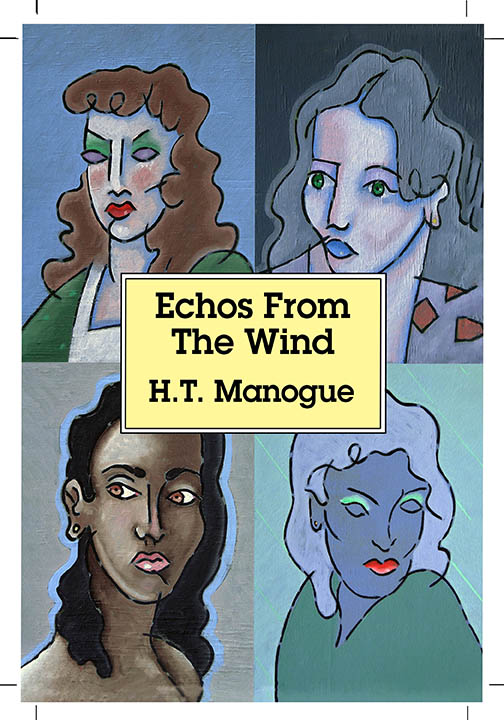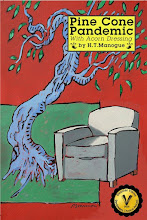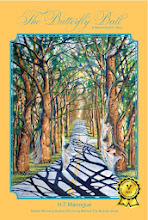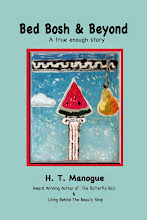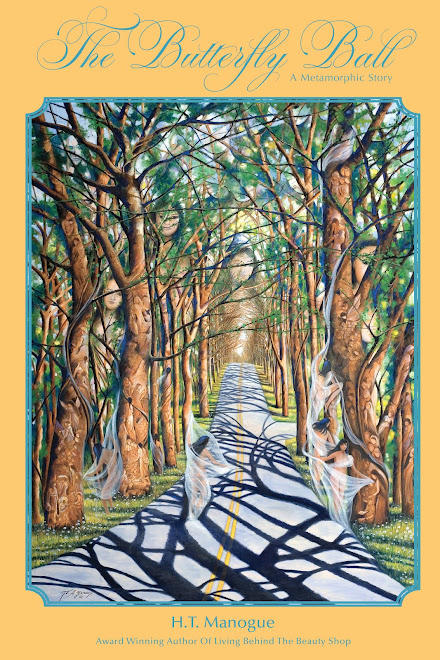What you knew before you were born isn’t lost. You only hide it till you’re tested, till it's time to remember. And sure enough when you want, you’ll find some odd funny beautiful way to find it again.
Richard Bach wrote thoughts in his book The Messiah’s Handbook. We don’t usually think about what we knew before we were born. Some of us believe life started with physical birth while others believe we are consciously connected to a stream of wisdom that holds the knowledge of the eons within it. Whatever the belief, it’s safe to say we encounter experiences that verify those repetitive thoughts in one way or another.
Some might say there are many civilizations within the psyche. Some of us might be able to tap into these lost civilizations when we adjust our beliefs about the nature of our own psyche. Most of us do see evidence of these lost realities from time to time, but we tend to develop concepts and theories about these unusual anomalies using the familiar dogmas that are rooted in our belief structure. That structure gives us comfort, and makes the unknown a little more palatable.
Our goals in life are as varied as the life forms that exist around us. Some of us embark on adventures that deal with family situations and children issues. Others immerse their consciousness in earning money, building new material things, fighting wars and searching for the unknown. The adventures we create are endless, and each one is an exploration or excursion that consumes as well as defines our life. Our consciousness is a unique blend of energy that thrives in the act of being.
We find ourselves in a certain reality because the probabilities that developed from the choices we made using our unique belief structure created our experiences. Those experiences teach us something about the act of being, and the art of existence. We test ourselves in certain experiences in order to remember that our existence is not just the sum of what we believe it is. It is the sum of each past, present and future consciousness squared.

